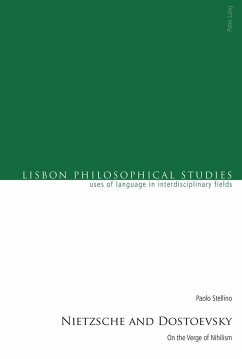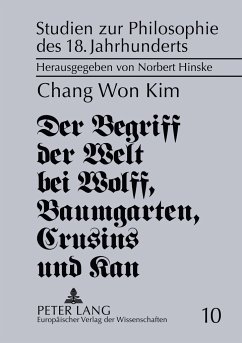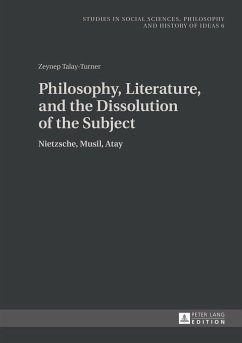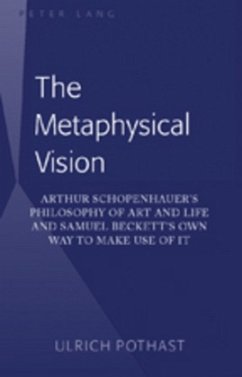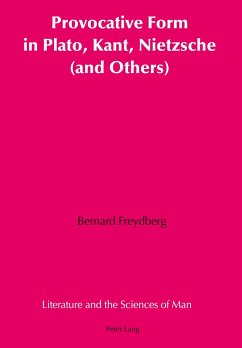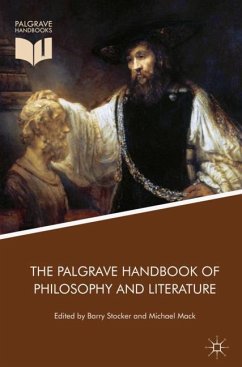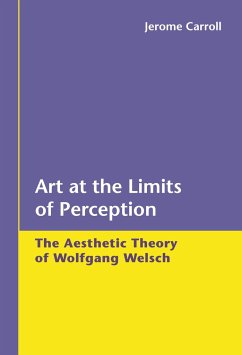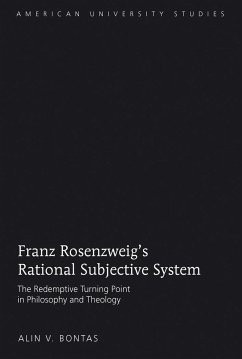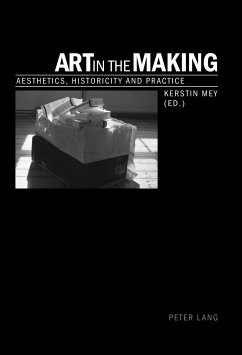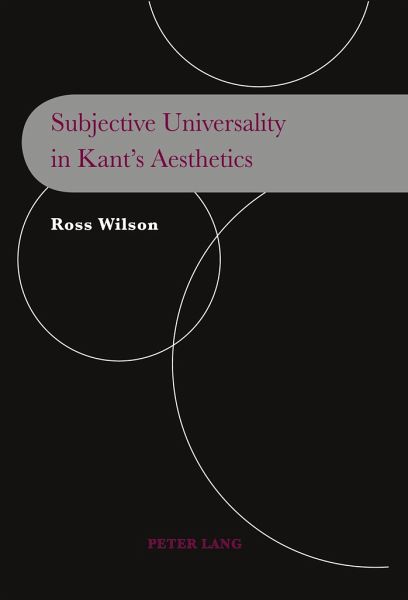
Subjective Universality in Kant's Aesthetics
Versandkostenfrei!
Versandfertig in 6-10 Tagen
77,40 €
inkl. MwSt.

PAYBACK Punkte
0 °P sammeln!
Drawing on a wide range of scholarship, this book offers a new and comprehensive examination of Kant's argument that aesthetic judgements are combined with a claim to subjective universality. The author gives a detailed account of the background to this claim in Kant's epistemology, logic, and metaphysics, before closely attending to the crucial sections of the Critique of the Power of Judgement. In particular, it is shown that Kant's aesthetics requires that his theory of the subject be rethought. Central to the theory of the subject that begins to emerge from the Third Critique is Kant's eni...
Drawing on a wide range of scholarship, this book offers a new and comprehensive examination of Kant's argument that aesthetic judgements are combined with a claim to subjective universality. The author gives a detailed account of the background to this claim in Kant's epistemology, logic, and metaphysics, before closely attending to the crucial sections of the Critique of the Power of Judgement. In particular, it is shown that Kant's aesthetics requires that his theory of the subject be rethought. Central to the theory of the subject that begins to emerge from the Third Critique is Kant's enigmatic notion of 'life' which is extensively explored here. This study, therefore, thoroughly examines the central features of Kant's account of aesthetic judgements, suggesting that a new and exciting theory of subjectivity begins to be outlined in Kant's aesthetics. The author argues for the placement of Kant's account of the subjective universality of aesthetic judgement at the centre of contemporary philosophical aesthetics.





